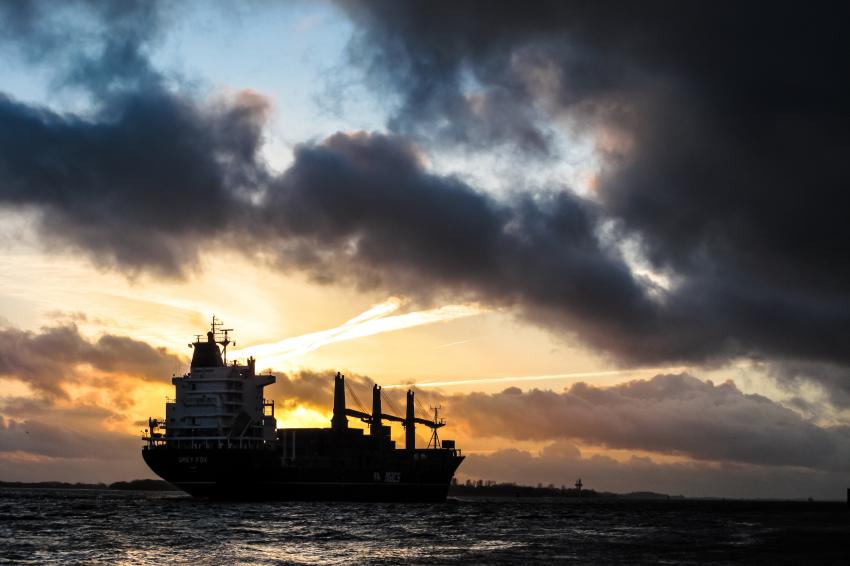EU Launches Vehicle for Trade with Iran
02.07.2019 -
Under pressure to keep its commitment to saving the nuclear accord with Iran known as Joint Comprehensive Plan of Action” (JCPOA), agreed in 2014, implemented from 2016 and largely gutted by the US withdrawal in 2018, the EU has officially launched a special trade vehicle which would allow limited trade with Iran while steering clear of US sanctions.
Following a June 28 meeting at Palais Coburg in Vienna, attended by China, France, Germany, Russia, the UK and Iran, the parties announced that the vehicle known as Instrument in Support of Trade Exchanges (INSTEX) had been made operational and available to all EU member states.
In May, the Iranian government said it was giving its European partners 60 days to negotiate new terms for the JC POA following the US exit before recommencing enrichment of uranium. At the time, German foreign minister Heiko Maas said he viewed the plans to resume enrichment with “great concern” and urged that all steps be avoided that could endanger regional stability and security.
The situation meanwhile has escalated further, with the US accusing Iran of shooting down one of its drones that had been collecting information from above, and the US has threatened additional sanctions in retaliation.
While EU countries Austria, Belgium, Finland, the Netherlands, Slovenia, Spain and Sweden released a statement underscoring the importance of preserving the pact, which they called a “major contribution to stability in the region,” most observers seemed to think the plans had no chance. In a nutshell, the payment system – circumventing dollar markets – is complex, the US is dead set against it and Iran is skeptical.
Several EU-based companies, led by French energy and chemicals group Total, had concrete plans to become active in Iran again after withdrawing during to the first round of US sanctions. All of the projects have been shelved as the US warned that any companies breaching its sanctions could be barred from its bigger and more lucrative market. Washington also vowed to block any dollar-denominated trade with Iran, leading to the creation of INSTEX.
News reports quote Iranian Deputy Foreign Minister Abbas Araghchi as calling the Vienna meeting "positive" and "a step forward," but insisting that it is it is “still not enough.” Ultimately, the final decision on resuming trade with Europe would be made back in Tehran, he said.
In announcing the INSTEX system at the beginning of 2019, the EU said it would focus initially on sectors most essential to the Iranian population such as pharmaceuticals, medical devices and agricultural products – which are not affected by the US sanctions – and would work with medium-sized companies.





